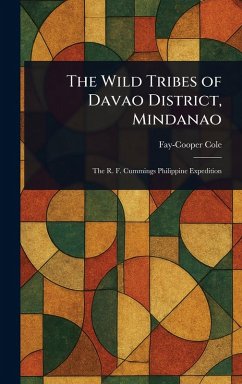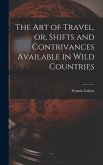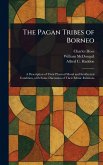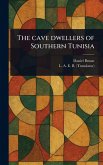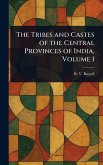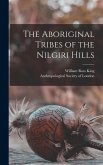Venture into the heart of early 20th-century Mindanao with "The Wild Tribes of Davao District, Mindanao: The R. F. Cummings Philippine Expedition," a fascinating ethnographic study by Fay-Cooper Cole. This meticulously prepared print edition offers a valuable window into the lives and cultures of the indigenous peoples inhabiting the Davao District of the Philippines. Explore detailed observations and insights into the traditions, customs, and social structures of these often-overlooked communities. Cole's work provides a rich tapestry of cultural anthropology, documenting the diverse ethnic groups and their unique ways of life. A significant contribution to the fields of ethnology and Southeast Asian history, this book serves as an important historical record. Readers interested in the cultural heritage of the Philippines, particularly Mindanao, and the anthropological study of indigenous cultures will find this book an invaluable resource. Discover a world on the cusp of change in this timeless exploration of a vibrant and diverse region. This work has been selected by scholars as being culturally important, and is part of the knowledge base of civilization as we know it. This work is in the public domain in the United States of America, and possibly other nations. Within the United States, you may freely copy and distribute this work, as no entity (individual or corporate) has a copyright on the body of the work. Scholars believe, and we concur, that this work is important enough to be preserved, reproduced, and made generally available to the public. We appreciate your support of the preservation process, and thank you for being an important part of keeping this knowledge alive and relevant.
Bitte wählen Sie Ihr Anliegen aus.
Rechnungen
Retourenschein anfordern
Bestellstatus
Storno

